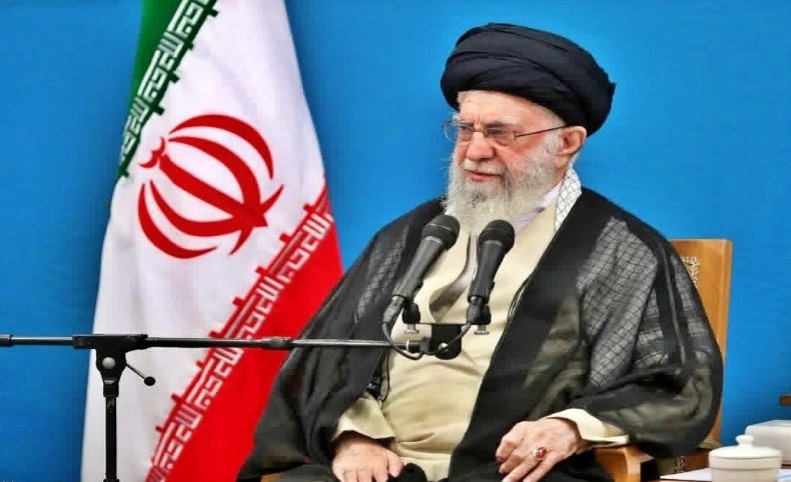Iran Says Executed 9 Islamic State Group Militants Detained After 2018 Attack
Total Views |

Dubai: Iran said Tuesday it executed
nine militants of the Islamic State group detained after a 2018 attack. The
Iranian judiciary’s Mizan news agency announced the executions, saying that the
death sentences had been upheld by the country’s top court.
It described the militants as being
detained after they were in a clash in the country's western region with Iran’s
paramilitary Revolutionary Guard, in which three troops and several IS fighters
were killed. Authorities said they had seized a cache of combat weapons,
including a machine gun and 50 grenades, after surrounding the militants'
hideout.
Iran carries out executions by
hanging. In the past eight months, it has executed an average of one person
every six hours, according to Mahmood Amiry-Moghaddam, director of advocacy
group Iran Human Rights. He said Tuesday's executions were issued without fair
trials and that there have been no updates about seven others reportedly
detained in the 2018 attack.
IS, which once held vast territory
across Iraq and Syria in a self-described caliphate it declared in 2014, was
ultimately beaten back by U.S.-led forces.
It has since been in disarray,
though it has mounted major assaults. In Iran's neighbor Afghanistan, for
instance, IS is believed to have grown in strength since the fall of the
Western-backed government there to the Taliban in 2021.
The group previously claimed a June
2017 attack in Tehran on parliament and a mausoleum of Ayatollah Ruhollah
Khomeini that killed at least 18 people and wounded more than 50. It has
claimed other attacks in Iran, including two suicide bombings in 2024 targeting
a commemoration for an Iranian general slain in a 2020 U.S. drone strike.
That
assault killed at least 94 people.
The clash with Revolutionary Guardsmen
in 2018 marked a point of heightened tensions between Iran and the militant
group. Iran launched ballistic missiles at parts of eastern Syria, vowing
revenge after militants disguised themselves as soldiers and opened fire at a
military parade in the Islamic Republic’s southwest.
That attack killed at
least 25 people and was claimed by both IS and local separatists.
But Tehran's hand in Syria was
weakened with the fall last year of President Bashar Assad, a key ally.
Analysts say IS could take advantage of the security vacuum to stage a comeback
while Syria’s new leaders are still consolidating their control over the
country and forming a national army.

